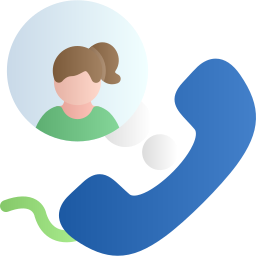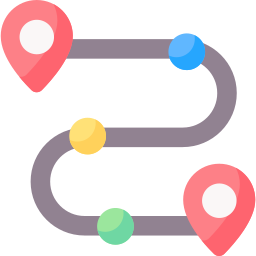Zenzability provides Functional Capacity Assessments (FCA) to support NDIS participants in Sydney. Our assessments offer clear, practical evidence about how disability affects everyday life—helping with NDIS access, plan reviews, and funding decisions.
A Functional Capacity Assessment helps show how disability affects your ability to manage everyday activities. Zenzability completes these assessments to provide clear evidence that can be used when applying for the NDIS, requesting changes to your current supports, or preparing for a plan review.
Our assessments are led by experienced allied health professionals who take time to understand how you or your child communicates, moves, interacts, and completes day-to-day tasks. We don’t rely on tick-box templates. Instead, we observe real-life challenges, ask practical questions, and speak directly with the people involved in care or daily routines.
The final report outlines functional strengths and limitations across key areas such as mobility, self-care, communication, and self-management. It also includes recommendations for reasonable and necessary supports—like therapies, assistive technology, or help with daily activities. Everything is written in language that makes sense to the NDIS decision-makers, while still being easy for you to read and use.
Zenzability’s FCA reports are tailored, detailed, and backed by evidence. Whether you’re applying for the first time or preparing for a review, we provide the documentation needed to clearly explain your support needs.

We assess ability across the six key domains outlined by the NDIS:
Assessments include observations, conversations, and standardised tools where appropriate.
We look at how the person functions now—not just what’s written in past reports.

Get in touch by phone, email, or online form. We’ll ask a few questions to understand what you need—whether it’s for an NDIS application, a review, or updated support evidence.

We’ll organise a time to complete the assessment in a way that suits you—at home, in clinic, or via telehealth. Our therapist will observe daily tasks, ask practical questions, and gather real examples of how you manage everyday life.

You’ll receive a clear, NDIS-ready report with information about your current abilities, support needs, and any recommendations. We write it in a way that makes sense to both decision-makers and families.
A Functional Capacity Assessment (FCA) is a detailed evaluation completed by a qualified allied health professional. It looks at how a person manages everyday activities across areas like communication, mobility, learning, social interaction, and self-care.
The assessment is based on both what the person can do and what they need help with. It includes observations, conversations, and practical examples—not just tests or forms.
The report is then used to explain those support needs to the NDIS, especially during plan reviews, applications for increased funding, or when a participant’s needs have changed.
You might need an FCA if you’re applying for the NDIS for the first time, preparing for a scheduled plan review, or requesting additional supports due to changes in your needs.
It’s also often requested when there’s limited recent evidence in a participant’s file, or when the NDIS needs a clearer understanding of what support is reasonable and necessary.
FCAs are particularly important for people who have complex needs, use assistive technology, or require support with most daily activities. The report helps justify therapies, support hours, or specialised equipment in a way that aligns with the NDIS framework.
We usually complete a Functional Capacity Assessment through a mix of direct observation and conversation. We might visit your home or meet you in a setting you’re comfortable with. During the session, we ask about your daily routines, how you manage tasks, what feels difficult, and what kind of support you already receive.
We may observe you doing everyday activities—like preparing a meal, using assistive technology, or communicating with others. For children, we often watch how they play, respond to feeding, handle transitions, or react to different sensory input.
We also speak with carers or family members to get a clear picture of what’s happening day to day. While we can use standardised tools if needed, most of what we learn comes from watching how you function in real life.
Zenzability’s team includes qualified occupational therapists and speech therapists who are experienced in writing NDIS-ready reports. We take care to explain everything clearly and involve you in every step.
The full process—from first contact to receiving your report—usually takes between 2 and 4 weeks, depending on complexity and availability. The assessment itself may be one extended session or split over two shorter sessions, depending on your needs.
We provide a detailed written report that explains how you function in daily life, what support you need, and why that support is reasonable under the NDIS. We include real examples, clear descriptions, and direct links between your everyday needs and our recommendations—such as therapy hours, support worker assistance, or the use of assistive equipment.
Our reports meet NDIS evidence standards but are written in a way that’s easy for you and your support team to understand. We include our observations from the session, results from any tools we used, and a clear summary of your strengths and areas where support is required—across each of the six functional domains.
